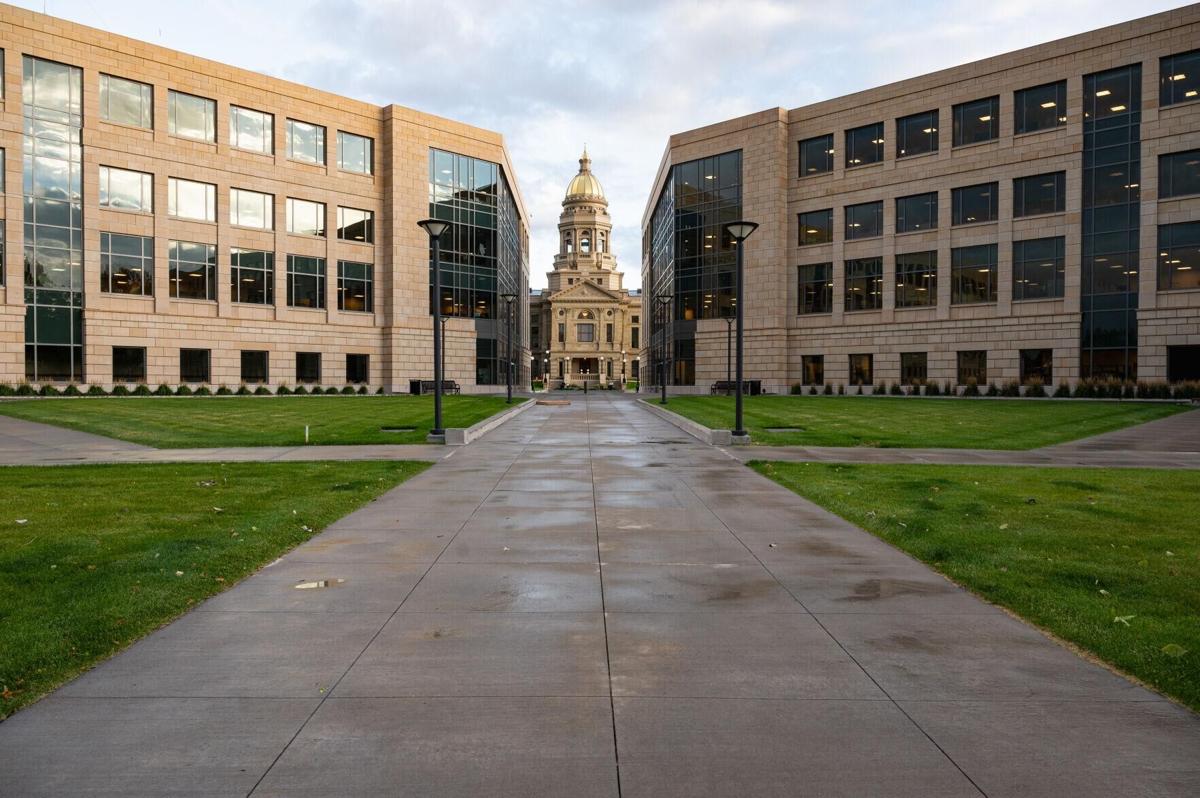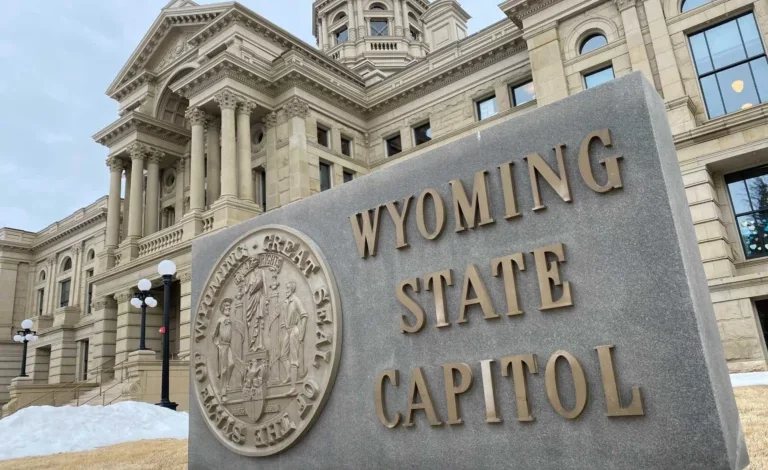Wyoming’s property tax exemption for long-term homeowners is under scrutiny, with concerns about its constitutionality raised during a Senate Revenue Committee meeting on January 15. Sen. Cale Case, R-Lander, argued that the exemption, enacted in 2024, conflicts with the Wyoming Constitution’s requirements for equal and uniform taxation, County 10 reports.
As the Senate debates potential amendments to the law, questions persist about its fiscal impact and fairness.
Sen. Case questioned whether the tax exemption adheres to the Wyoming Constitution, which mandates that properties be taxed at their full market value and that taxation remain equal and uniform within each property class (Article 15, Section 11). Case asserted that the exemption may exceed the Legislature’s authority and called for a legal challenge to clarify its constitutionality.
E. Jayne Mockler, a member of the Wyoming State Board of Equalization, echoed these concerns in a July 2024 letter to Gov. Mark Gordon. Mockler warned that the exemption undermines uniform taxation and violates constitutional provisions limiting exemptions to narrowly defined categories, such as government-owned property, religious institutions, and public cemeteries (Article 15, Section 12).
Mockler argued that granting broad exemptions to specific taxpayer groups, such as long-term homeowners, deviates from the Constitution’s intent and could jeopardize funding for schools, local governments, and other public services.
The fiscal impact of the long-term homeowners tax exemption is another source of contention. Wyoming County Commissioners Association Executive Director Jeremiah Rieman testified that the 2024 legislation underestimated its financial effects. While initial estimates suggested a $10.7 million reduction in residential property taxes for 2025, Rieman noted that the actual impact could be double that amount due to higher-than-expected applications.
Rieman expressed concern about the strain on local government revenues, suggesting lawmakers consider a “backfill” to offset losses in heavily affected areas. He also proposed introducing a financial hardship condition for eligibility, emphasizing that not all long-term homeowners necessarily need the tax relief.
Critics have highlighted the exemption’s uneven application, arguing it benefits some property owners while excluding others in need. For example, eligibility is limited to those who have owned their homes for at least 25 years and are aged 65 or older. Rieman pointed out scenarios where younger taxpayers or financially struggling individuals, such as single parents, are ineligible despite their greater need for relief.
Sen. Case suggested the exemption could face an equal protection challenge under Article 1, Section 3 of the Wyoming Constitution. He noted the exemption creates disparities between taxpayers and lacks evidence that beneficiaries meet constitutional criteria for “necessary support of the poor” (Article 16, Section 6).
The Senate Revenue Committee recently advanced Senate File 67, a bill to modify the original exemption law. The proposal would remove the sunset clause, making the exemption permanent, and reduce the residency requirement from eight months to six months annually. The bill now heads to the Senate Floor for further debate, where amendments to address constitutional concerns may be introduced.
Sen. Case voted against the measure, maintaining that any modifications to the existing law would remain unconstitutional.
“The original law was unconstitutional, (so) this law that modifies it remains unconstitutional in my mind, and I can’t in good faith vote for it,” he said.








